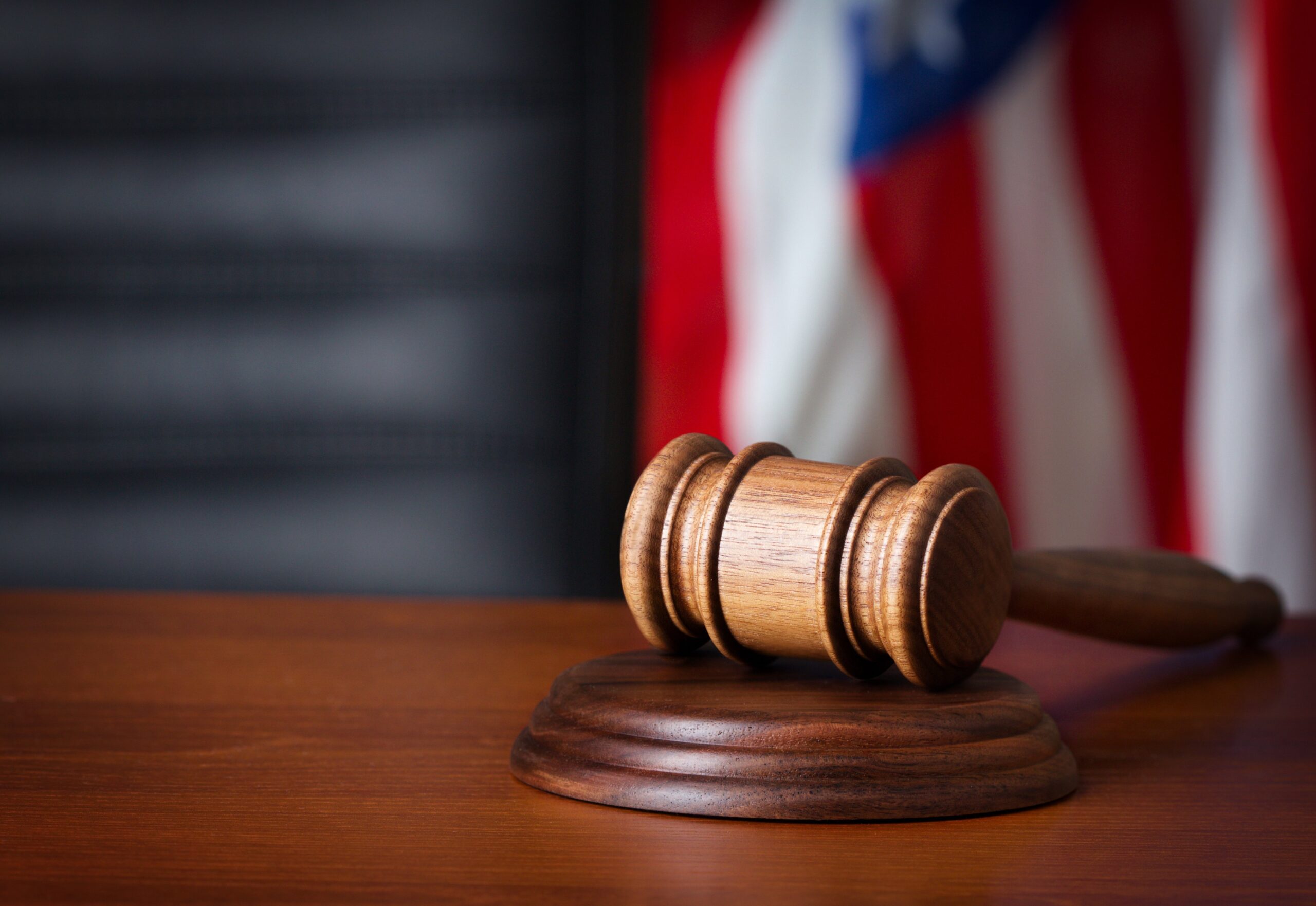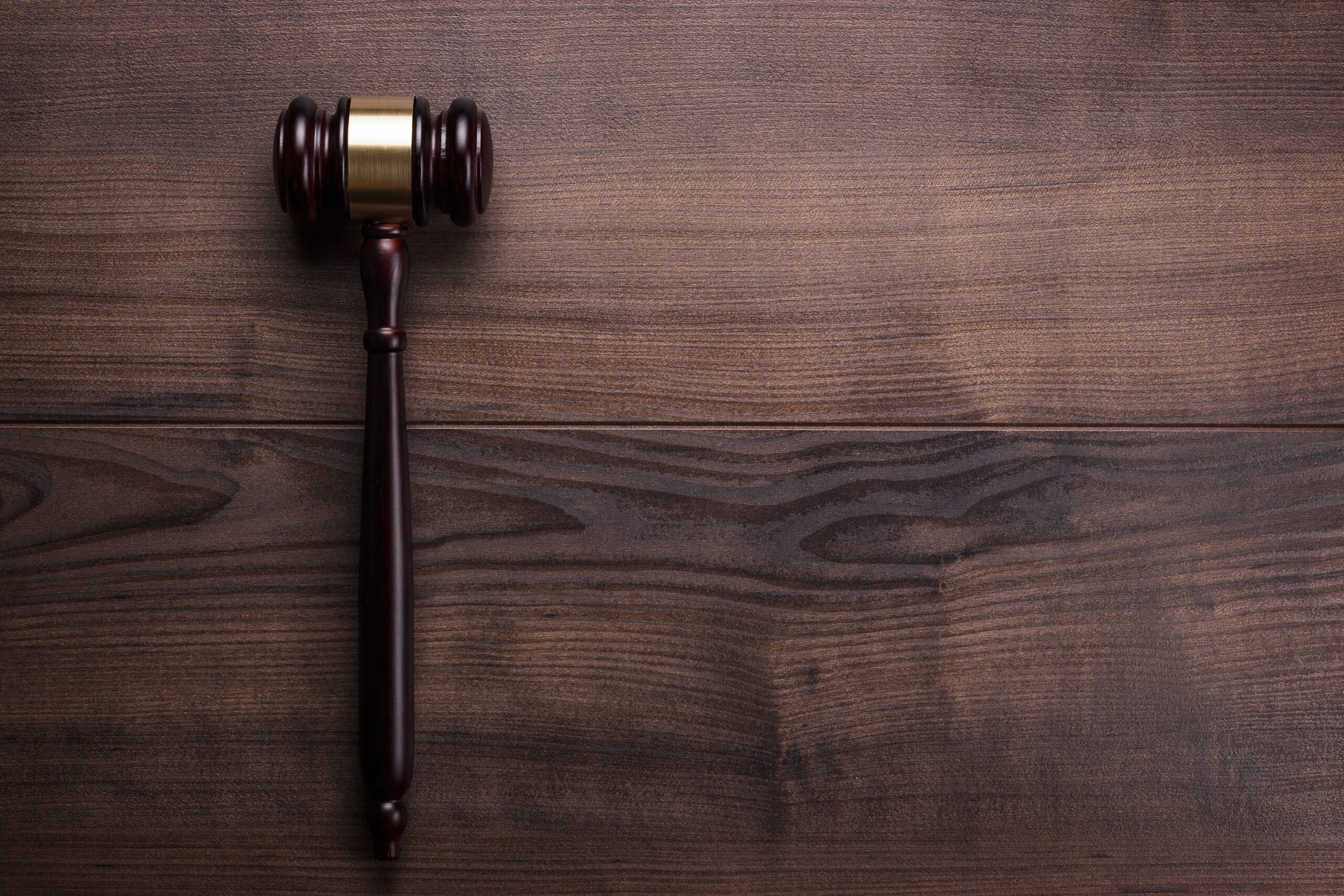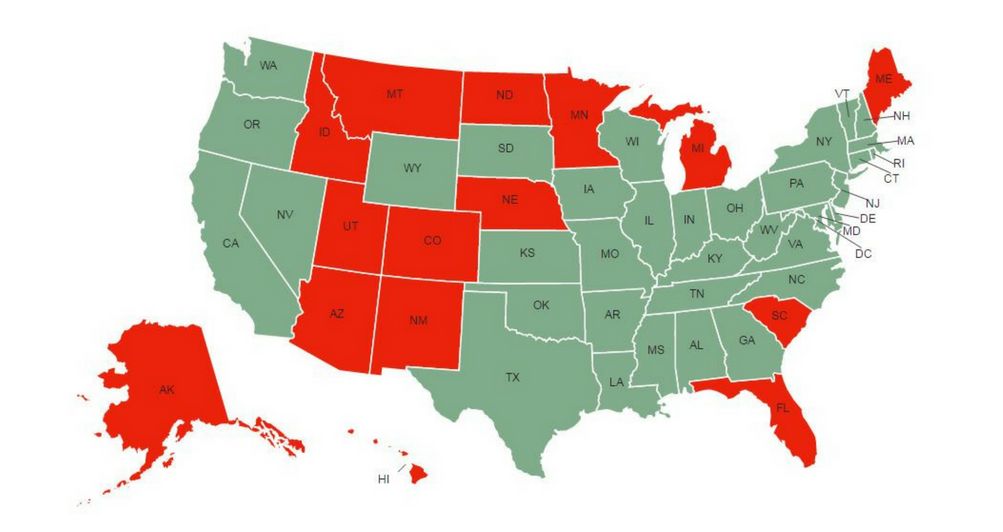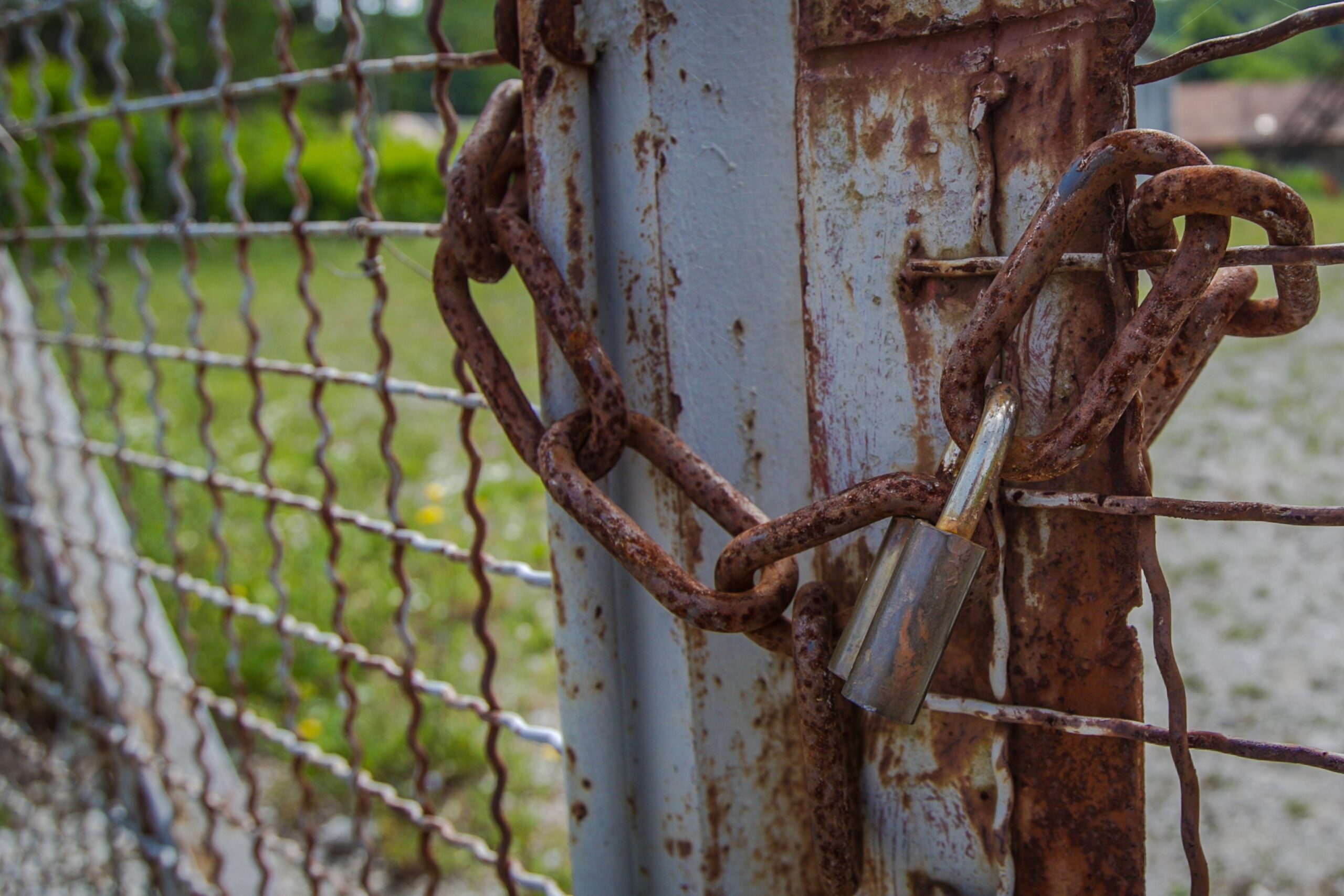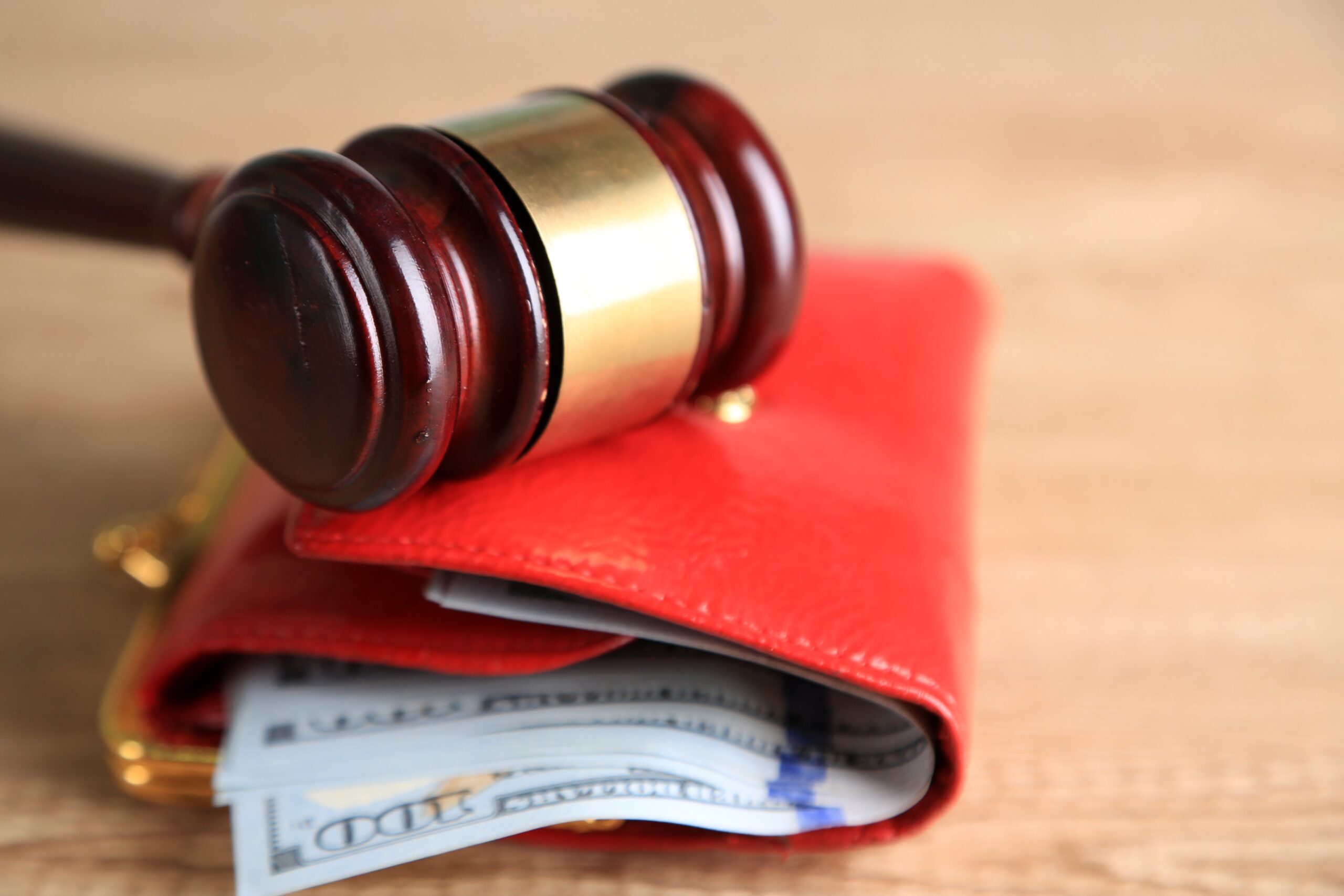Replevin Bonds: What Do They Look Like In The Real World?

What does Replevin Mean?
Replevin is a type of lawsuit in which an individual (a plaintiff) can retrieve articles of personal property that were wrongfully taken or detained by a defendant.
Unlike other forms of legal recovery, Replevin seeks the return of the actual article of personal property in question, not comprable money damages.
Replevin is also called Claim and Delivery, or sometimes Revendication.



